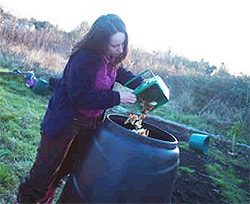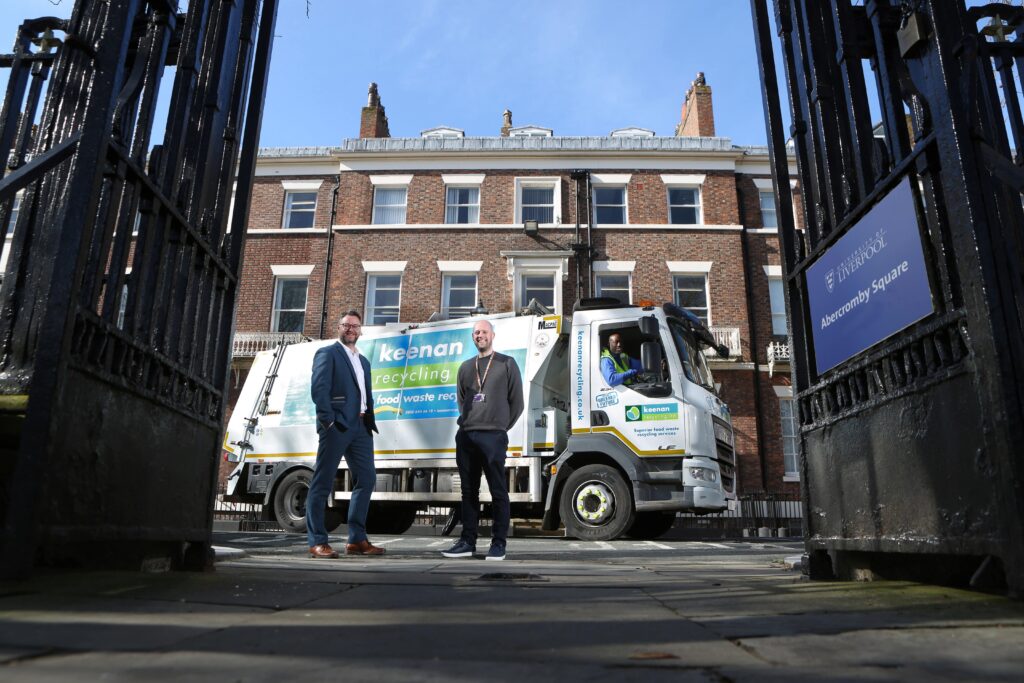As many as three-quarters of homes composting their own garden clippings and vegetable peelings are not aerating their compost heaps or composting bins properly, according to claims made yesterday.
 Millions of homes are now actively composting their waste at home, but could be damaging rather than helping the environment, academics believe |
Material breaking down without enough oxygen generates the powerful “greenhouse” gas methane, which is thought to have an impact on global warming 20 times worse than carbon dioxide.
Speaking yesterday at a conference in Stratford-upon-Avon, Professor Jan Gronow of London's Imperial College warned that as well as home composting, badly-run centralised composting facilities were generating methane emissions.
Prof Gronow said: “Emissions from home composting and poorly-run composting operations may contribute significant amounts of methane. 75% of people's home composting bins are anaerobic because they do not aerate them.”
The concern was backed up by the head of the waste and energy research group at the University of Brighton, Dr Marie Harder, who asked: “Has anybody stopped to ask whether home composting is good for the environment?”
Over 34% of British households participate in home composting schemes according to the government, which has just completed an initiative handing out one million composting bins via the Waste and Resources Action Programme (see letsrecycle.com story).
“Important role”
Local environment quality minister Ben Bradshaw said in a written answer to MPs in July 2006 that “composting, including home composting of kitchen and garden waste, is also likely to play an increasingly important role in diverting biodegradable waste from landfill in line with the Government’s waste strategy objectives and obligations under the Landfill Directive.”
Defra's long-term waste strategy is currently being reviewed, with a new strategy expected by the end of the year. But Prof Gronow – who was formerly the Environment Agency's head of waste and remediation science – said the government was “jumping on the climate change bandwagon” to reach European landfill targets rather than thinking about the real environmental impacts of different recycling and composting processes.
As well as composting, she attacked the recycling of materials like aggregates or glass by grinding them to produce recycled building products, claiming that 99% of the energy used in such a process was wasted.
She said: “I am dubious of the benefits of some recycling and the fate of some recycled materials. We are not worried about where this material is going once it has been collected, and if in fact some of it goes back to landfill.”
| Related links: |
Prof Gronow said instead of concentrating on carbon emissions, efforts to promote recycling should look at how much fossil fuels could be saved.
Responding to the points raised at the Waste 2006 conference, Defra's head of waste strategy Daniel Instone said: “We need to have a subtler debate on the future of individual materials, we have to look at what to do with the different kinds of materials and waste streams.”











Subscribe for free